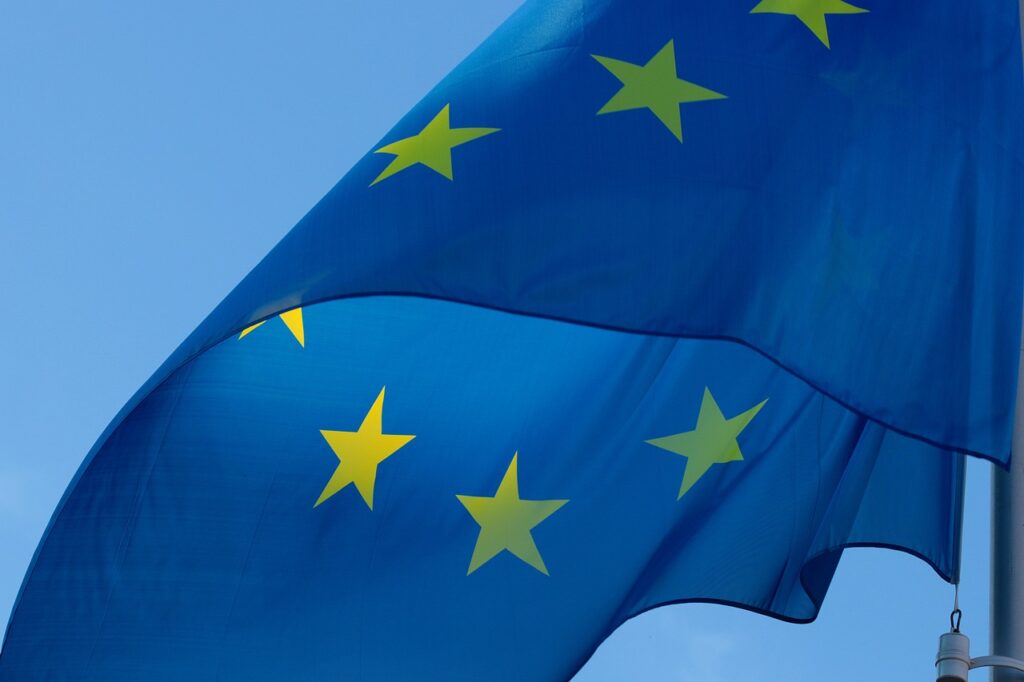The European Central Bank (ECB) is likely to implement ECB interest rate cuts despite rising inflation in the Eurozone, which reached 2.4% in December. While inflation remains above the ECB’s target, officials are optimistic that further rate reductions can occur if inflation declines as expected. Divided opinions among policymakers reflect the complexity of balancing economic growth with inflation management.
ECB Likely to Lower Rates Despite Rising Inflation
Despite a recent rise in inflation, the European Central Bank (ECB) is expected to lower interest rates further at the end of January. In the final quarter of last year, inflation in the Eurozone increased to 2.4% in December, up from 1.7% in September, surpassing the ECB’s 2% target.
ECB Executive Board member Isabell Schnabel views the inflation uptick as largely due to statistical effects, which she believes do not alter the broader trend toward lower inflation in the region. Schnabel remains confident in the ECB’s capacity to reduce interest rates further if inflation declines as projected.
“If inflation decreases as quickly as we expect, we believe we can continue cutting rates,” Schnabel told Finanztip. However, she acknowledged uncertainty about how far rates could be reduced. The ECB lowered its key deposit rate by one percentage point to 3% over four reductions last year. Schnabel noted that the bank is approaching a critical point where further reductions require careful consideration.
Despite challenges, Schnabel expressed optimism about achieving the ECB’s 2% inflation target in 2024. However, she flagged stubbornly high service sector inflation, driven by labor costs, as a persistent concern. With economic activity slowing, she anticipates wage growth to decelerate, offering hope for easing inflationary pressures.
Further Reductions Discussed
Minutes from the ECB’s December meeting suggest plans for modest additional rate cuts. The cautious approach reflects ongoing economic uncertainties. During that meeting, some policymakers favored a larger 0.5% cut to address the Eurozone’s economic slowdown, while others advocated for restraint.
Robert Holzmann, Governor of Austria’s central bank, has consistently voiced skepticism about further easing. He warned that lowering rates amidst rising inflation, even if temporary, could damage the ECB’s credibility. “Cutting rates while inflation rises risks undermining trust,” Holzmann said in an interview with Politico.
Holzmann stressed the importance of a balanced discussion at the upcoming January 30 meeting. While financial markets anticipate a 0.25% rate cut, Holzmann noted that a decision is far from certain. He emphasized the need for January inflation data, which will only be available on February 3, before making definitive moves.
A Delicate Balancing Act
The ECB faces a complex challenge: fostering economic stability while managing persistent inflation risks. Policymakers remain divided on the best approach, reflecting the fine line the central bank must walk in guiding the Eurozone’s economy through uncertain times.


